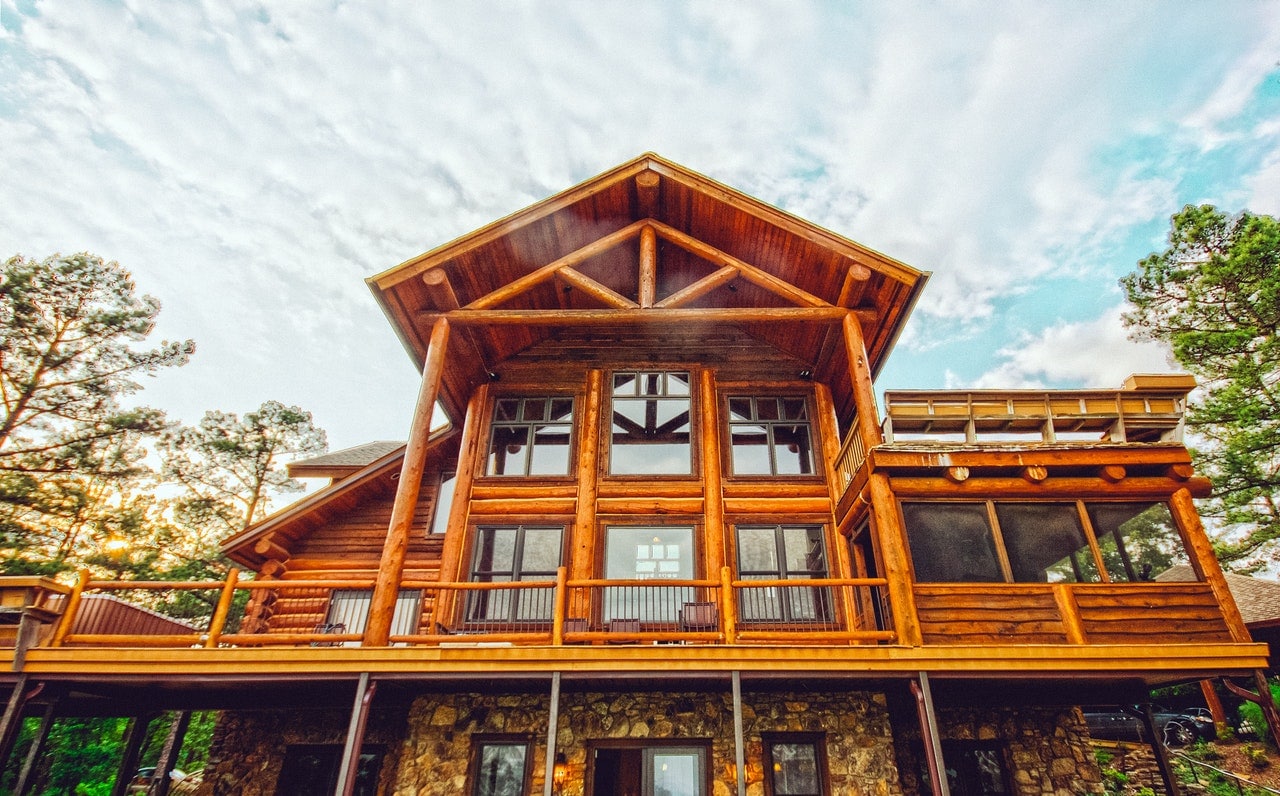With health restrictions lifting across the province after months of lockdown, many Ontarians are looking to get away and enjoy downtime with friends and family this summer. Given the ongoing closure of the U.S./Canada land border to non-essential travel, a good portion of those people are travelling domestically, by renting cabins and cottages as an escape from the city.
Offering your cottage for rent can be an excellent way to make use of the property when you aren’t able to be there yourself, while also earning a decent income, particularly in the summer months. However, renting a property to others also creates new liability issues for owners that you must consider. Below, we’ll review issues to keep in mind, and provide some tips on how to limit your exposure to liability when renting out your cottage.
Make Sure You Have the Right Insurance Coverage
Just because you have insurance for your cottage, does not necessarily mean you have adequate coverage if you choose to rent that property to others. Coverage will vary depending on the percentage of time in a year the property is rented, who it’s rented to (family and friends, or strangers), and whether the rentals periods are short or long-term. Some coverage will only cover rentals up to four weeks per year, for example. To determine the coverage you currently have, it’s best to reach out to your insurer to review your existing policy and any additions you may need to properly protect yourself before entering the rental market.
Some insurers offer cottage-specific policies which may include rental coverage. However, it’s important to disclose how often you plan to rent the property and to whom. If you’re only covered for a few weeks per year, you may find yourself out of luck if you exceed the limitations, and then need to make a liability claim.
In addition to cottage rental coverage, some recreational property owners opt to purchase commercial insurance, which provides broad coverage for properties primarily used for income generation. If you rent your property for large portions of each year, this may be your best option. Your insurance advisor will be able to direct you to the best coverage for you, given your circumstances.
Protecting Yourself From Unnecessary Liability in a Cottage Rental
Remember, it’s not just property damage you’re protecting against when you purchase insurance for your rental cottage. You also have to consider the potential that a renter, or one of their guests, may suffer an injury while on your property. As one of our firm’s Partners, Ian Stauffer, recently discussed with CityNews, the potential for liability resulting from an injury is great, especially at recreational properties where people are engaging in a lot of physical activities, and the terrain might be more difficult to navigate than it would be at a residential home. Below are some tips for recreational property owners to consider when renting their property to others, or even loaning a property to friends or family members, in order to protect them from liability in the event of an accident:
- Do regular sweeps of the property to identify new hazards. As the owner, it’s important for you to be aware of hazards so you can either remove them or warn people about them. As stated by Ian, “[t]he more you know about a risk and don’t mention it, the greater the chance you’re going to be found liable. The more dangerous a situation, the more obligation there is to advise others to be careful.” Take the time to repair loose steps or dock boards, remove felled trees, and clear other potential danagers. If you aren’t able to remove the hazard, be sure to warn others about it, in writing preferably.
- Communicate with your renters. In addition to warning about potential hazards, it’s important to be sure renters understand how to use the cottage effectively, to avoid property damage. For instance, septic tanks are common in rural properties, but people who aren’t familiar with them might not know how to avoid damaging the tank unknowingly. Informing renters on specifics regarding the use of the cottage will help to ensure you avoid potential costly damages.
- Avoid including motorized vehicles with your rental. If you allow someone to operate a vehicle you own, such as a boat, an ATV, or a snowmobile, you are opening yourself up to liability in the event of an injury. If you have recreational vehicles at the cottage, keep them locked up, or store them offsite while renters are on the property.
- Have a comprehensive rental agreement in place for every renter. The agreement should outline the obligations of both parties, and may even include a mandatory security deposit to cover minor damages if they occur. Putting details in writing, including specific hazard warnings, will help to protect you down the road in the event of an accident or injury.
Experienced Litigation, Injury, and Real Estate Lawyers Serving Eastern Ontario and North Bay
At Tierney Stauffer LLP, our experienced lawyers work tirelessly to protect our clients from liability related to residential and commercial real property. We draft contracts, represent people in litigation with insurance companies, and with respect to personal injury claims. By following developments in our ever-changing legal landscape, we remain up-to-date on liability coverage and legal strategies to ensure you obtain the best possible outcome.
To discuss your matter with an experienced lawyer, call us at 1-888-799-8057 or contact us online to set up a consultation with a member of our team.
